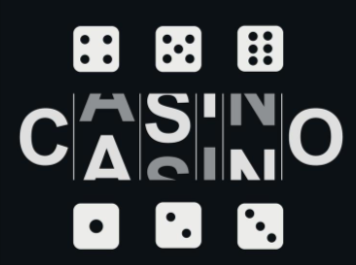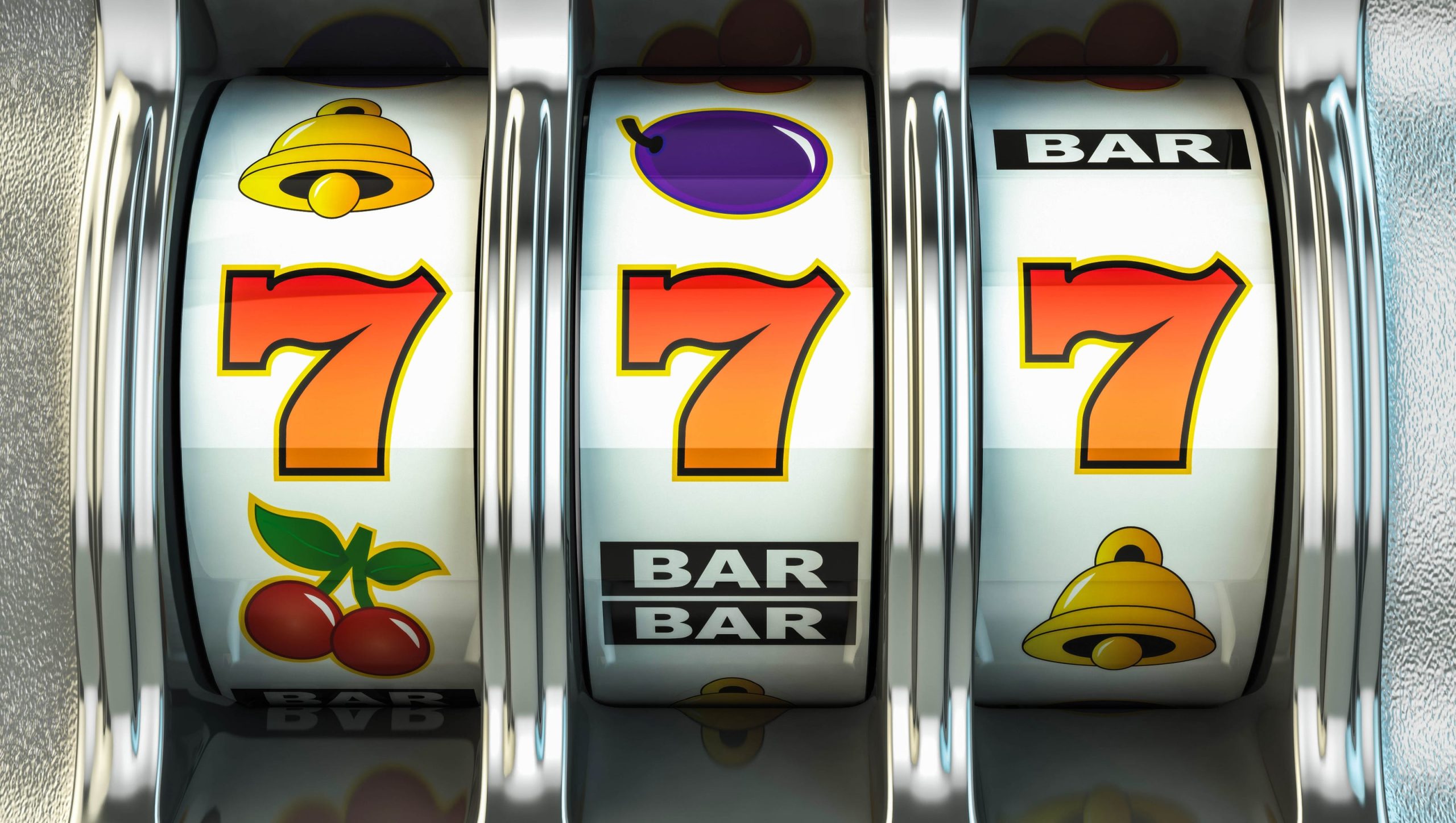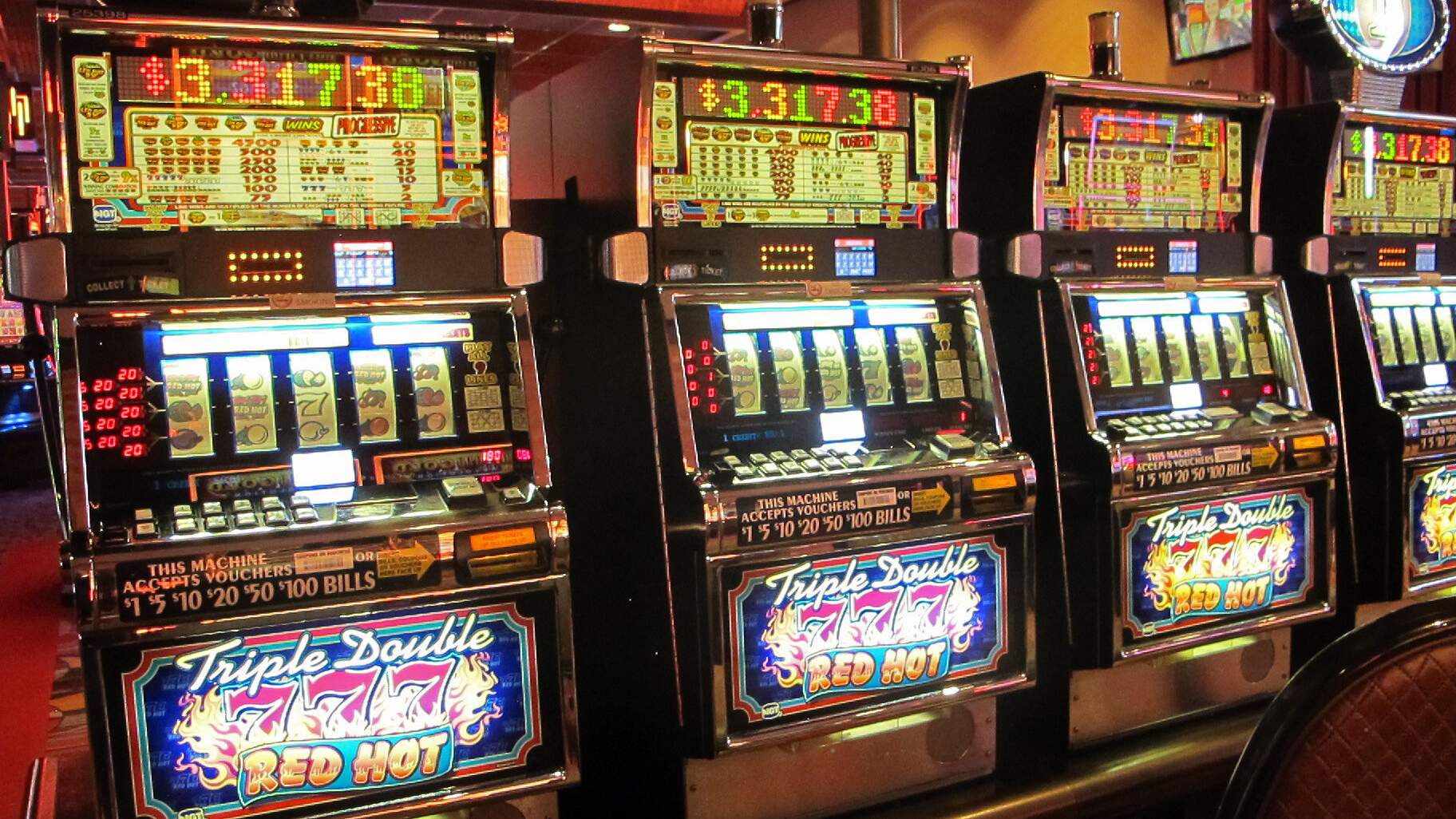It’s 3 AM, your eyes feel heavy, yet you’re still spinning the reels at stake-greece.gr. Despite exhaustion, you hesitate to step away. This scenario isn’t merely about enjoying the game – it reflects a psychological phenomenon known as FOMO, or the Fear of Missing Out. This article delves deep into the psychological underpinnings of FOMO in casinos, exploring why players struggle to walk away, even during late-night sessions.
Understanding FOMO: A Modern Psychological Phenomenon
FOMO – the anxiety arising from feeling that you’re missing out on rewarding experiences – is particularly potent in casino environments. Online casinos strategically amplify this sensation, creating compelling reasons for players to continue gaming.
The Essence of FOMO in Gambling
At casinos, FOMO manifests as an intense fear of missing a big win. The unpredictability of slots fuels this fear, keeping players continuously engaged in hopes that the very next spin will yield substantial rewards.
Emotional Triggers Behind FOMO
Casinos expertly tap into emotional triggers like hope, anxiety, and anticipation, reinforcing players’ fear of missing an imminent big jackpot or bonus round.
Why Slot Machines Amplify FOMO
Slot machines, designed to maximize player engagement, exploit psychological triggers effectively, intensifying feelings of FOMO.
Near-Miss Effect
The near-miss phenomenon, where symbols almost align for a significant win, dramatically boosts players’ motivation to keep playing. Each near-win increases anticipation and reinforces the belief that a substantial payout is imminent.
Frequent Small Wins
Slot machines regularly deliver small wins, maintaining excitement and continually reinforcing the feeling that significant rewards are within immediate reach, heightening the reluctance to stop playing.
The Role of Online Casinos
Platforms enhance the FOMO experience using advanced technological and psychological tactics that further deepen player engagement.
Real-Time Notifications and Updates
Online casinos frequently send real-time notifications about other players’ wins, promoting a sense of urgency and intensifying the feeling of missing out, prompting continuous play.
Personalized Bonuses and Promotions
By offering personalized bonuses with limited-time availability, online casinos significantly enhance players’ fears of missing valuable opportunities, encouraging sustained engagement.
Psychological Mechanisms Behind Late-Night Gambling
Several key psychological mechanisms drive players to gamble deep into the night, resisting the natural inclination to stop despite physical fatigue.
Sunk Cost Fallacy
Players often continue gambling due to the sunk cost fallacy – the inclination to continue an activity simply because of previous investments in terms of time, money, and effort. This fallacy drives gamblers to persist, convinced that stopping would invalidate their previous investment.
Loss Aversion and Chasing Losses
Loss aversion significantly impacts casino behaviors, as players frequently continue gambling in an attempt to recover losses, convinced that stepping away now means permanently forfeiting the possibility of redemption.
Neurochemical Drivers of Casino FOMO
FOMO in gambling isn’t just psychological – it’s biological. Neurochemical reactions within the brain reinforce compulsive behaviors, creating a powerful loop that keeps players at the slot machines.
Dopamine and Reward Systems
Every spin activates the brain’s dopamine-driven reward systems, creating a biochemical cycle of anticipation and reward. Dopamine surges reinforce players’ desires to keep gambling, particularly during late-night hours.
Adrenaline and Emotional Arousal
The heightened emotional arousal from gambling, especially during intense sessions at odd hours, increases adrenaline release, keeping players alert, engaged, and hesitant to stop.
Social and Cultural Influences on Casino FOMO
Social and cultural factors significantly influence gambling behaviors, contributing to heightened FOMO among casino players.
Peer Pressure and Social Proof
Online casinos often display other players’ successes prominently. Observing peers winning creates strong social proof, pressuring players to continue gaming, fearing they might miss their chance at similar success.
Cultural Normalization of Gambling
In societies where gambling is normalized as entertainment, the stigma surrounding prolonged play diminishes, further reducing psychological barriers to late-night gaming sessions.
Financial and Emotional Risks of Casino FOMO
Though FOMO significantly drives continued gambling, it also introduces substantial financial and emotional risks.
Financial Strain and Debt
Persistent gaming fueled by FOMO can lead to serious financial challenges, escalating into substantial debt as players attempt to chase elusive wins.
Mental Health and Emotional Well-being
Excessive gambling driven by FOMO frequently leads to heightened stress, anxiety, and even depression, negatively impacting players’ emotional well-being and personal relationships.
Strategies to Manage and Overcome FOMO in Gambling
Recognizing and managing casino-induced FOMO is essential to maintaining a healthy gambling balance.
Setting Clear Boundaries
Establishing predefined financial and time limits effectively mitigates gambling-induced FOMO. Boundaries help players step away confidently, understanding that disciplined gaming significantly reduces risks.
Utilizing Responsible Gaming Tools
Platforms provide responsible gaming tools such as deposit limits, session timers, and loss restrictions, empowering players to maintain control and reduce FOMO-driven compulsive behaviors.
Casino Industry’s Role in Addressing FOMO
Casinos bear significant responsibility in addressing gambling-related FOMO by promoting responsible gaming and implementing player protection measures.
Promoting Awareness and Education
Online casinos can enhance player awareness about FOMO and its risks through educational initiatives, clearly communicating potential dangers and encouraging responsible gambling behaviors.
Technological Interventions
Casinos continuously implement advanced algorithms to detect problematic gambling patterns indicative of heightened FOMO, proactively offering intervention tools or self-exclusion options to affected players.
Future Trends in Managing Casino FOMO
Emerging trends in gaming psychology and technology promise further advancements in managing FOMO among casino players.
Enhanced AI-driven Monitoring
Artificial intelligence-driven systems increasingly provide early detection and personalized interventions for players exhibiting intense FOMO-related gambling patterns.
Interactive and Immersive Gaming Experiences
Future gaming environments, such as virtual reality casinos, could either exacerbate or mitigate FOMO. These immersive experiences may offer controlled and tailored environments to help players manage impulses and establish healthier gambling routines.
Conclusion: Taking Control of Your Gambling Experience
Understanding FOMO in casinos empowers players to make informed choices, recognizing the psychological triggers driving prolonged gambling sessions. By leveraging responsible gaming practices, awareness, and tools provided by platforms, players can regain control, ensuring that gambling remains an enjoyable and safe form of entertainment rather than a compulsive obligation that extends into late-night hours.






